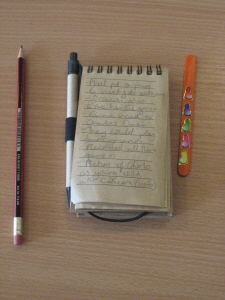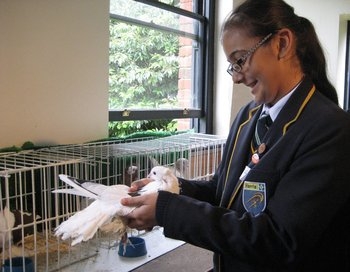Make a donation
Help us make the ordinary extraordinary for children, young people and teachers.
What is Darwin Inspired?
We asked our educators, Trustees and partners what Darwin meant to them and why it was important for them to work with the Charles Darwin Trust on Darwin Inspired. We always ask the students and teachers we work with for feedback, as well. We also asked the social media community on Twitter.
Here's a selection of what Darwin Inspired means to you, and to us.

Unwrapping the natural world to everyone and giving the world an understanding of itself.
Darwin didn’t just answer the questions, he questioned the answers.
I have had a life long passion for Darwin and to be able to conceptualise and develop Darwin Inspired Learning over the years (and into the future) is the best job I could imagine.
Practicality, informality, imagination in work. Ideas galloping ahead of his experiments.
Darwin wasn't told what to do by a teacher, he had to figure it out for himself, he had to decide how to do his experiment
Love of learning and stimulation about the subject of the natural world and why we are all here.
Close observation, making connections.
Darwin Inspired is the way forward. Seeing the inter-connectedness of life, then a new and very radical idea.
Reading Origin gave me a joyous “all is connected” feeling. Seeing nature and life in terms of the final paragraph of Origin: There is Grandeur in this view of Life... One's connection to the natural world. Organisms are our relatives!
 And yes, Darwin conjures up some negative ideas for some people:
And yes, Darwin conjures up some negative ideas for some people:
Association with “collecting things” - picture of an old man with a white beard.
Attention to detail borders on the obsessive.
And we need to guard against making too much of Darwin:
We do have to be careful not to make an icon of him and we should be able to admit when he was wrong or uninformed.
Because we shouldn't forget other's contributions to the field, of course:
How he viewed and changed our thinking of natural science as well as Alfred Russell Wallace, both of whom were brave enough to put pen to paper with their theories.

